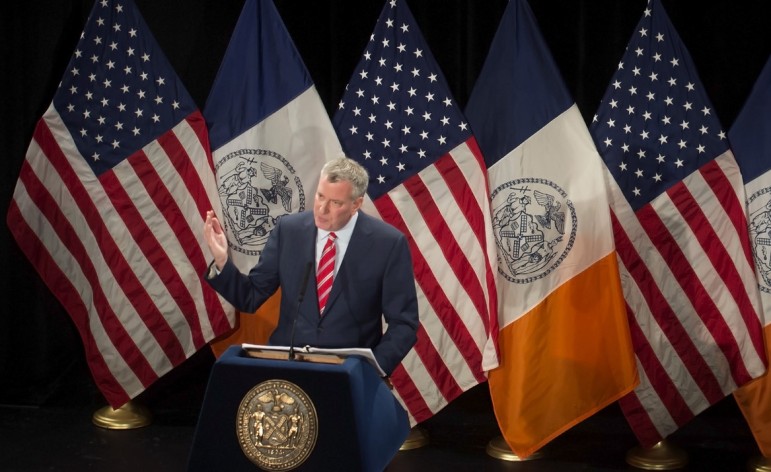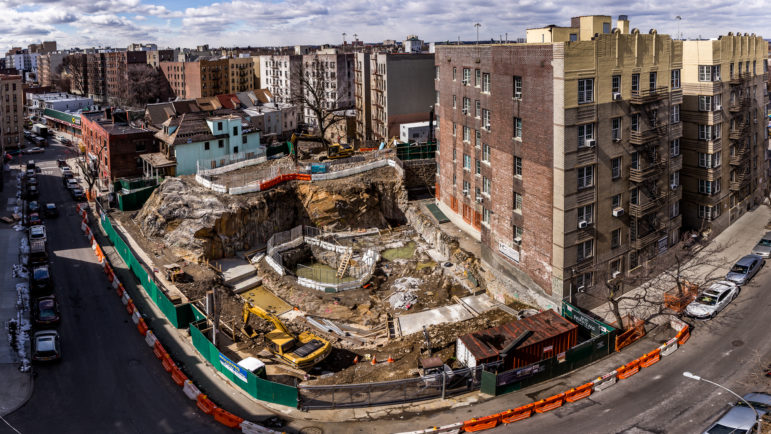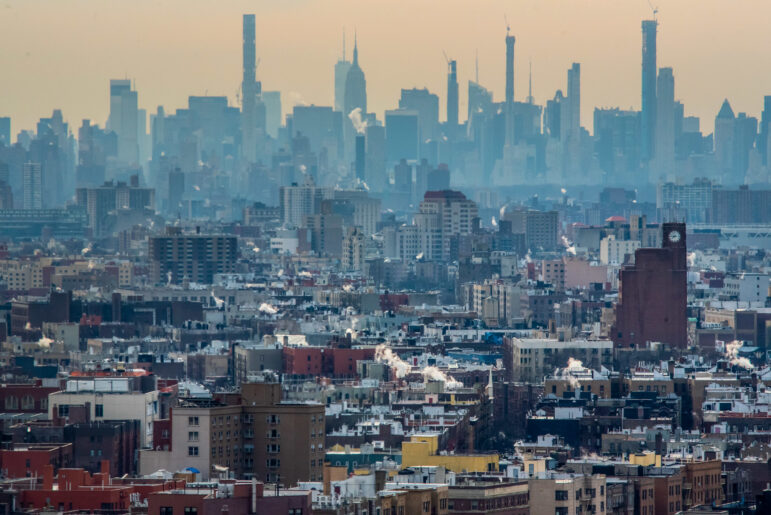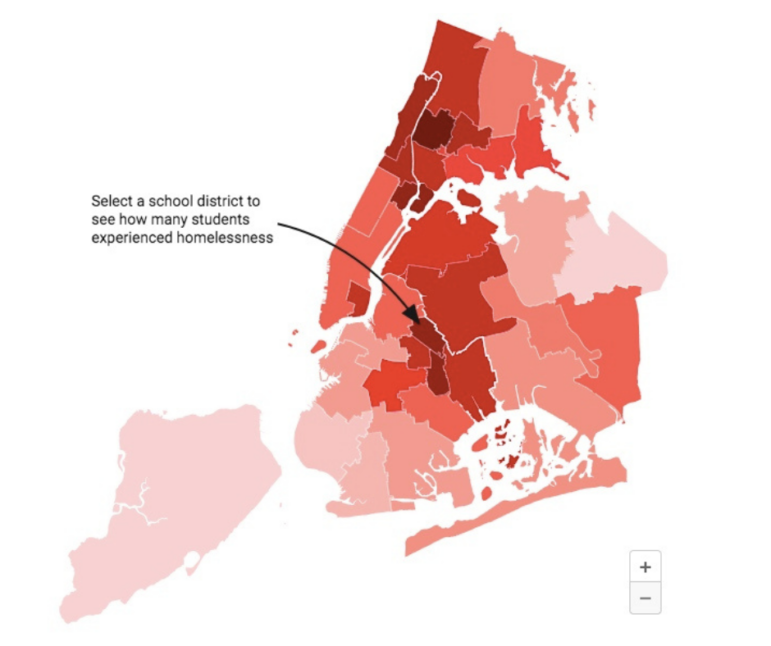
Demetrius Freeman/Mayoral Photography Office
1) Housing is what the de Blasio mayoralty is going to be about.
The mayor’s singular focus on housing in the speech doesn’t mean that’s the only policy he’s going to make this year, but it does elevate that issue above all others. That makes practical sense: Housing is the most important issue in the city and this is a critical time for it. Politically, it’s a bold move. Housing is now to Bill de Blasio what policing was to Rudy Giuliani. His success or failure on it is what he’ll be judged by.
2) De Blasio’s plan offers a lot to the trades.
By committing to a specific goal for market-rate housing development on top of his ambitious affordable-housing production and proposing the enormous engineering project of building a new neighborhood over the Sunnyside railyards, de Blasio—by intention or convenient coincidence—gives the building trades ample reason to support the plan, which is not bad politics. When the de Blasio proposals go before community boards and Council committees and state authorities, they’ll need friends. And building trade unions are handy friends to have.
3) The thirst for specifics is deepening.
State of the City speeches aren’t necessarily the place for nitty-gritty nuts-and-bolts about Area Median Income or how subsidies will be structured. But there’s a growing sense that at some point the mayor or his people are going to have to put their cards on the table. At last week’s hearing on 421-a, there was palpable annoyance that city housing officials couldn’t, after 13 months in office, say how they wanted to change that very expensive tax break. “As we move forward, our task is to define what it means to have true, income-targeted housing; what it means to stop irresponsible landlords from harassing tenants or failing to make needed repairs, all actions that lead to eviction, foreclosures and homelessness—all in the name of profit,” said Council housing chairman Jumaane Williams. De Blasio suggested, as others have, that Astoria Cove might be the model for how the inclusionary zoning plan will work. But housing advocates will want something a little more ambitious.
4) Silence will annoy. Words might infuriate.
De Blasio’s decision to say almost nothing about police-community relations rubbed a lot of people the wrong way. His focus on housing also excluded any extensive talk about schools, the environment, health and other issues. He will be faulted for this in some quarters, but there’s a logic to it. Just as the argument over policing was starting to cool down, de Blasio may have wanted to avoid saying anything to offend the police unions—who slowed work down after the murder of two officers in December—or police critics who dislike Broken Windows policing and Police Commissioner Bratton. But he won’t be able to stay mum forever.
5) If Bill de Blasio had a flat tire, would Andrew Cuomo stop to help, keep driving, or just run they mayor over?
The seats in the Mason Hall at Baruch College were barely cold before the governor’s office was trying to shoot down the mayor’s plan to build over the Sunnyside Railyards, a cringeworthy public dis by the gov of the man who protected his left flank during the recently concluded election. If anyone thought Year Two of the de Blasio-Cuomo relationship was going to be a little smoother, they were wrong.









2 thoughts on “Five Takeaways from De Blasio’s State of the City”
Comrade deBlasio announces his Robin Hood ‘affordable’ housing scheme the day after I received a $290 yearly increase (+6.1% to over $5k) in my 2015-2016 NYC Real Estate tax. At least now I know who is going to steal from – the NYC homeowner.
Pingback: Bubonic plague in PLG, Bud’s attack on our beer, progressive confusion on housing | the BK bridge